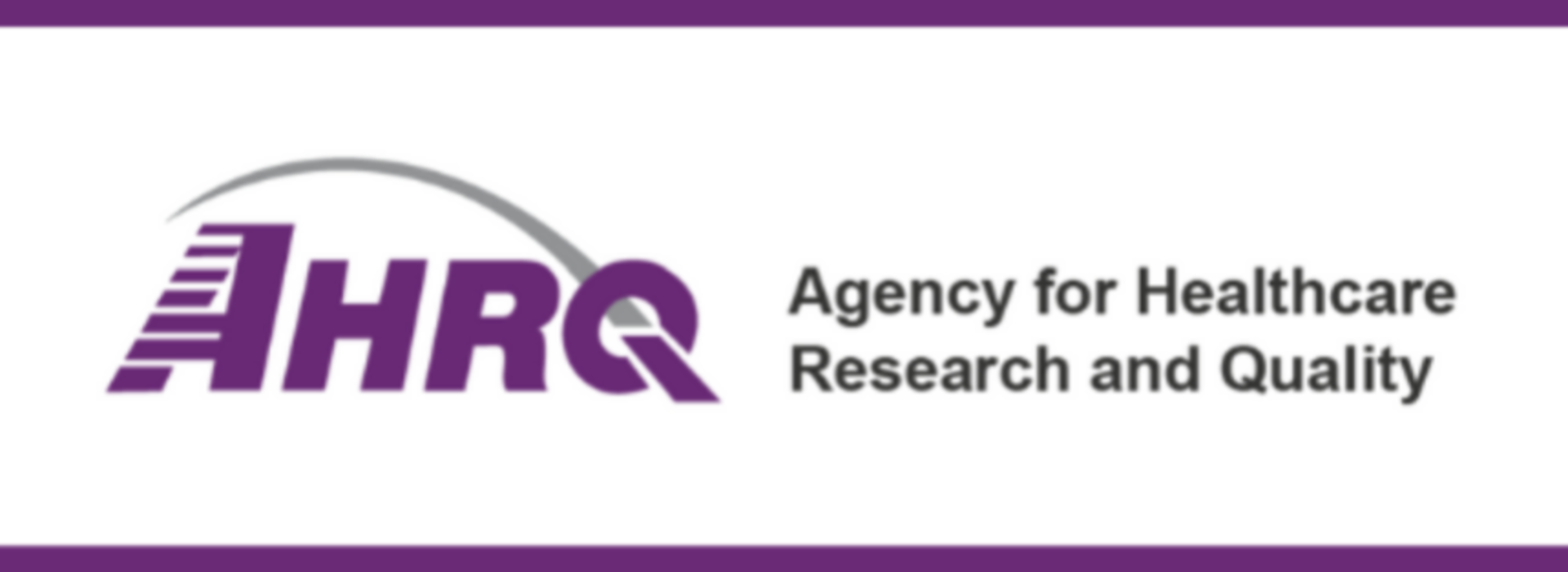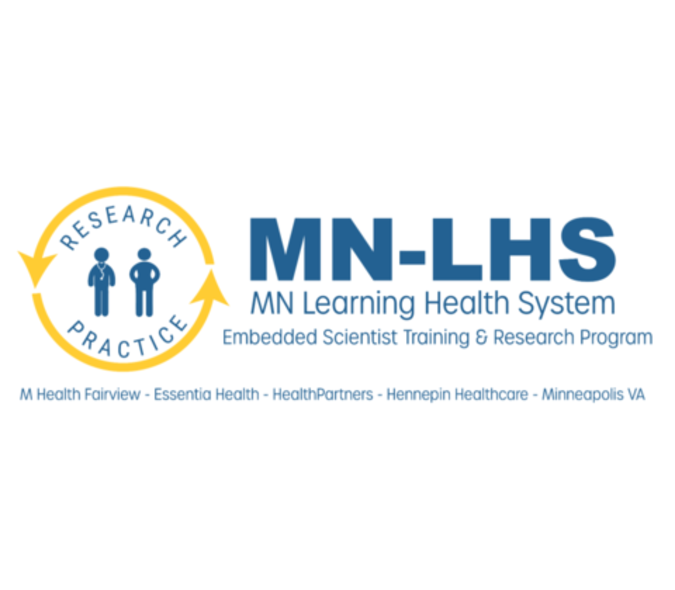
SCALED R18 Project Receives Notice of Award
Evaluation of the SCALED (SCaling AcceptabLE cDs) Approach for the Implementation of Interoperable CDS for Venous Thromboembolism Prevention is a nearly $3 million dollar R18 grant scheduled to start August 2022 that involves several CLHSS faculty including Principal Investigators: Chris Tignanelli, Genevieve Melton-Meaux; Co-Investigators: Mary Butler, Nate Shippee.
There is a global emphasis and critical need to close the patient-centered outcomes research (PCOR) evidence to practice gap. Forty percent of patients do not receive evidence-based practice, 20% receive unnecessary or potentially harmful care, and sadly, the list continues. We believe interoperable clinical decision support (CDS) is an indispensable solution to help close this gap; however, poor design, lack of interoperability, and implementation barriers hinder broad adoption.
At the University of Minnesota, we have extensive experience implementing and scaling user-centered CDS systems, with over 20 use cases scaled each year. Importantly, we have developed and implemented both interoperable and federally-funded CDS systems. Our healthcare system leverages a rigorous approach, SCALED (SCaling AcceptabLE cDs), to guide CDS scaling across the system. But, the current climate of each healthcare system developing “home-grown” CDS for the exact same guidelines is not tenable. Building capabilities to rapidly translate PCOR to the bedside at scale and share interoperable CDS routinely with an updated knowledge base (living evidence synthesis) is necessary. Our upcoming project will adapt a currently deployed CDS system to deliver a venous thromboembolism (VTE) prevention guideline for adult patients with traumatic brain injury (TBI). We believe this is an ideal PCOR use case given PCORI’s continued effort to combat VTE in trauma and our experience previously implementing this guideline to prevent inpatient COVID-19 VTE.
Our overall goal is to successfully scale, evaluate, and maintain an interoperable TBI CDS across our 4-institution collaborative network. We will conduct a Hybrid Type 2 randomized stepped wedge effectiveness-implementation trial to scale the CDS across 4 heterogeneous healthcare systems. Trial outcomes will be assessed and we will seek to understand variation across each site. We will evaluate implementation processes across trial sites guided by the EPIS implementation framework (determinant framework) using mixed-methods. Finally, it is critical that PCOR CPGs are maintained as evidence evolves. To date an accepted process for evidence maintenance does not exist. We will also pilot a “Living Guideline” process model for the VTE prevention CDS systems.
Our long-term vision is to make integration of clinical decision support (CDS) systems into electronic health records (EHR) akin to downloading “Angry Birds” on any cell phone platform. Similar to installing an update when a new “Angry Birds” patch is released, one would maintain the CDS centrally as evidence-based practices evolve. Similar to the tutorial educating players on how to play “Angry Birds”, organizations would utilize a validated “playbook” to train staff and implement the CDS system. This would facilitate the rapid scaling of CDS systems designed to implement patient-centered outcomes research (PCOR) evidence-based practices within EHRs. We believe this project represents an achievable step towards this vision.



